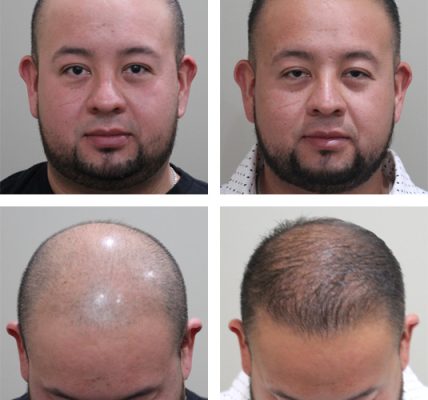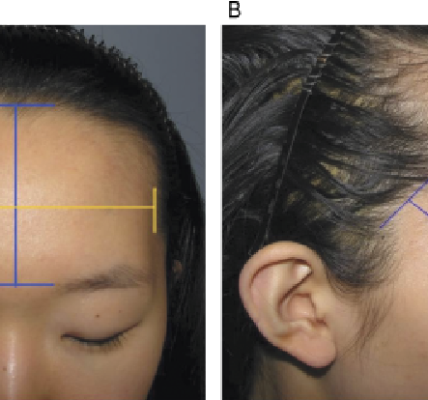Hair restoration, particularly in the form of hair transplants, can be a viable option for young adults experiencing hair loss. While traditionally associated with older individuals, advancements in technology and techniques have made hair restoration a feasible solution for a wider range of age groups, including young adults. However, several factors should be considered before undergoing the procedure.
Firstly, it’s important to determine the cause of hair loss. In young adults, hair loss can be caused by a variety of factors, such as genetics, hormonal changes, medical conditions, or lifestyle factors. Consulting with a dermatologist or a hair restoration specialist can help identify the underlying cause and determine if hair restoration is the appropriate course of action.
For young adults experiencing hair loss due to genetic factors, such as male or female pattern baldness, hair restoration can be an effective long-term solution. Hair transplant procedures, such as Follicular Unit Extraction (FUE) or Follicular Unit Transplantation (FUT), can restore a natural-looking hairline and improve overall hair density. These procedures involve transplanting hair follicles from donor areas to the thinning or balding areas of the scalp.
One of the benefits of undergoing hair restoration at a younger age is the potential for better results. Young adults often have healthier hair follicles and a more stable hair loss pattern, which can lead to more successful outcomes compared to older individuals. Additionally, starting hair restoration early can help prevent further hair loss and preserve existing hair.
However, there are also considerations and potential risks associated with hair restoration in young adults. Since hair loss can be progressive, young adults may require additional procedures in the future to maintain or improve results. It’s important to have realistic expectations and understand that hair restoration is not a permanent solution to hair loss, but rather a way to manage and improve its appearance.
Another consideration is the cost of hair restoration, as it can be a significant investment. Young adults should weigh the potential benefits against the financial implications and consider if they are prepared for the long-term commitment that hair restoration may require.
In conclusion, hair restoration can be a beneficial option for young adults experiencing hair loss, especially those with genetic causes. However, it’s important to consult with a qualified specialist to determine the underlying cause of hair loss and assess if hair restoration is the right choice. With realistic expectations and proper planning, young adults can achieve natural-looking results and improve their confidence and quality of life.




